
Introduction
Social media platforms are now an essential aspect of everyday life for billions of people worldwide in the digital age. Although these platforms provide unparalleled connectivity and avenues for self-expression, they also conceal a plethora of hidden risks that have the potential to significantly affect people’s relationships, mental health, and even the general well-being of society. The perils associated with social media necessitate close examination and coordinated response, ranging from the subtle impacts of comparison culture to the spread of false information and cyberbullying.
Effects on Mental Health
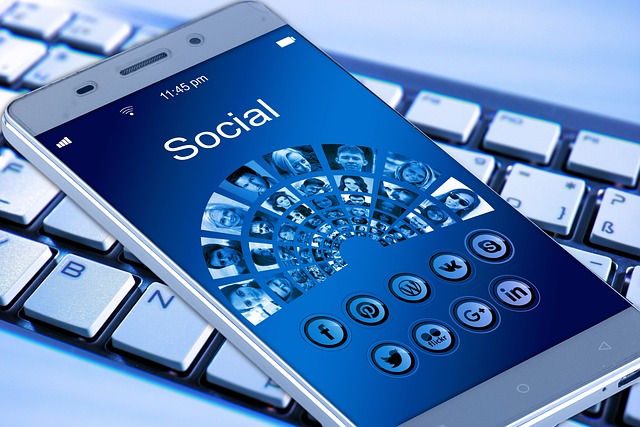
Social media’s ability to worsen mental health conditions is one of its most ubiquitous risks. Regular exposure to carefully chosen photos and lifestyles on social media sites such as Facebook and Instagram can exacerbate poor self-esteem, feelings of inadequacy, and insecurity. The urge to project a perfect online persona can result in “social media-induced anxiety,” a condition where people feel driven to look for approval from followers, likes, and comments.
In addition, social media’s addictive qualities—which include never-ending scrolling and notifications—can interfere with sleep cycles and heighten feelings of loneliness and isolation. Excessive use of social media has been linked in studies to increased rates of anxiety, despair, and even suicide thoughts, especially in young people and adolescents who are more
Effect on Interpersonal Relationships
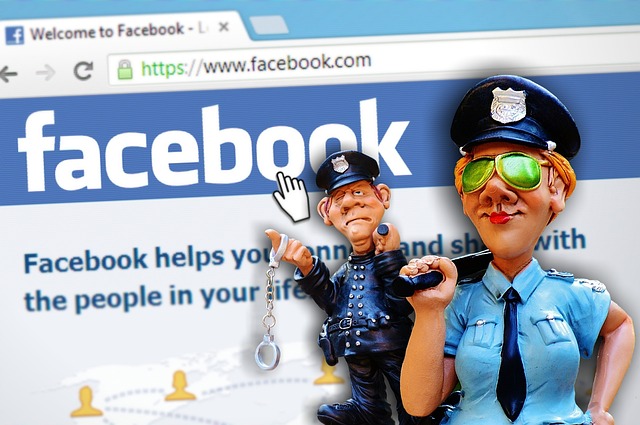
Social media can strengthen real-life relationships and encourage surface-level interactions while also having the ability to connect people over great distances. The practice of “phubbing,” or putting off in-person relationships in favor of scrolling through one’s phone, has grown more widespread and is degrading the closeness and quality of face-to-face encounters.
Additionally, people may feel threatened by their partner’s online behaviors, which can intensify jealousy and mistrust in intimate relationships. Relationship problems might arise from how simple it is to get back in touch with ex-partners or engage in provocative behavior on apps like Tinder and Snapchat.
Disseminating false information
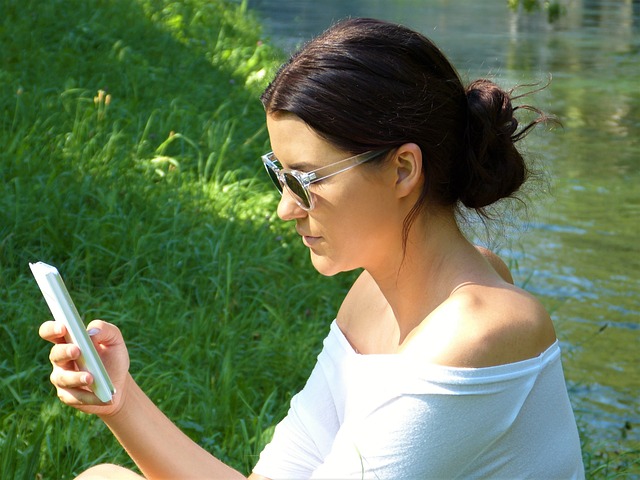
Social media’s quick information distribution has led to the spread of fake news and misinformation, which is seriously endangering democratic processes and well-informed conversation. Misinformation proliferates across various platforms, frequently intensified by echo chambers and algorithms that give precedence to interaction over precision.
Misinformation on social media can have far-reaching effects, ranging from health misinformation endorsing risky miracle treatments to political disinformation meant to sway public opinion. It weakens critical thinking abilities, erodes faith in institutions, and fuels polarization and division in society.
Cyberstalking and Virtual Assaults

The facilitation of cyberbullying and online harassment by social media is arguably one of the most concerning risks associated with it. Because of the anonymity provided by the internet, people feel more comfortable committing cruel acts against weaker people based only on their identity, appearance, or ideas.
Cyberbullying victims may suffer terrible repercussions, including despair, anxiety, and in severe situations, suicide. Furthermore, the contagious quality of social media can intensify the effects of harassment, disseminating anguish and humiliation to a worldwide audience in a matter of seconds.
Getting Around in the Digital World
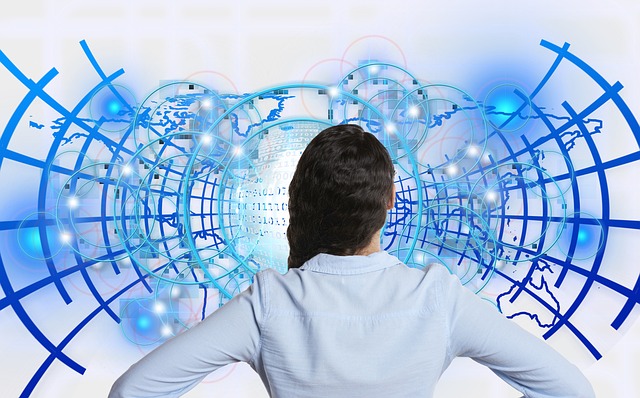
Even though social media undoubtedly poses risks, it’s important to remember that these platforms also have a huge potential for fostering constructive connections and societal change. Instead of openly denouncing social media, we need to seek to foster a more conscientious and accountable digital culture.
This calls for a multipronged strategy that includes regulation, education, and personal responsibility. Digital literacy initiatives and user education about the possible hazards of social media can enable people to use the internet more responsibly and safely.
Additionally, platforms need to be proactive in addressing problems like false information, cyberbullying, and algorithmic bias by implementing strict content moderation guidelines and openness protocols. In order to solve systemic difficulties, legislative initiatives to regulate social media platforms and safeguard the privacy and well-being of users are also essential.
Conclusion
We must face the hidden risks that lurk beyond the glossy façade of likes and filters in the era of social media. By recognizing the significant influence that social media has on relationships, mental health, and public conversation, we may endeavor to promote a more sustainable and equitable digital ecology.
By working together to encourage digital literacy, control social media sites, and foster more positive online communities, we can maximize social media’s revolutionary potential while reducing its inherent risks.


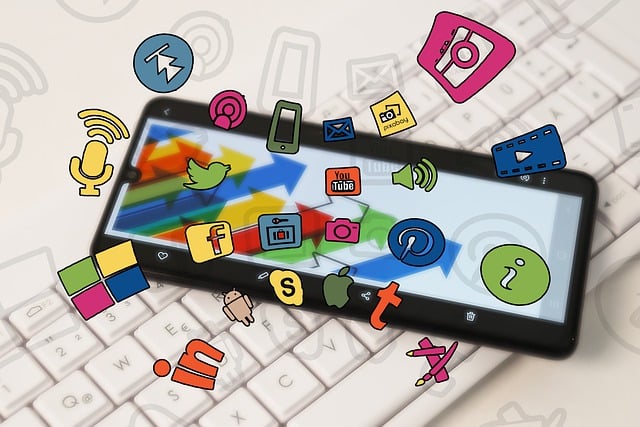

Hi friend.
To help us continue writing quality content for you on this website, please do the following:
1. Read the article and leave a comment.
2. Share the article on social media for your friends to benefit.
3. If you find it convenient, click on the advertisements that appear on the website. This will help generate revenue for this site.